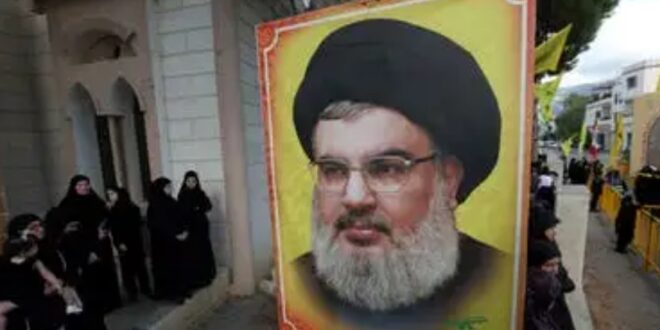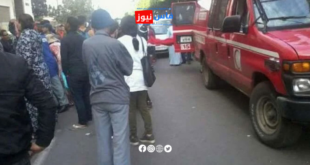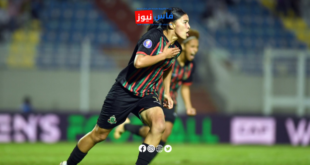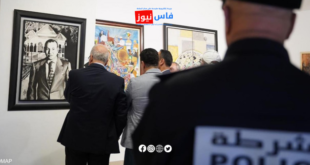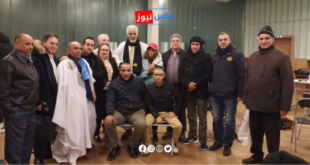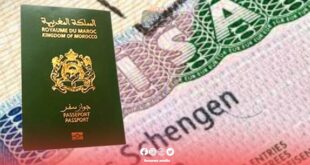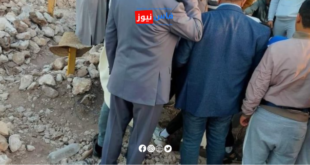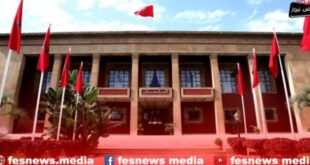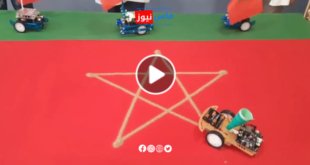The death of Hassan Nasrallah, leader of Lebanon’s Hezbollah, has sparked diverse reactions in Morocco, unveiling deep-seated concerns about Iranian influence and Shiism in the country. Criticisms have come not only from Moroccan patriots but also from prominent religious figures.
Salafist preacher Mohamed Fizazi strongly condemned any prayers or condolences for Nasrallah, describing him as a “traitor” and enemy of Sunnis, citing his ties with Iran and his role in training the Polisario Front. Fizazi considered praying for Nasrallah as tantamount to supporting “an enemy of Morocco.” Imam Abdellah Nhari expressed similar criticisms.
To understand this stance, it’s important to recall the following events:
- In 2008, the Moroccan government accused Iran of attempting to spread Shiism in Morocco and interfering in its religious affairs.
- In 2009, Morocco severed its relations with Iran.
- In 2018, Morocco accused Iran of training and arming the Polisario with Hezbollah’s help, leading to another break in diplomatic relations.
Although it’s a clandestine movement, Shiite cells exist in Morocco, distributed in northern cities like Tangier and Tetouan, as well as in Casablanca and Rabat.
In 2017, Moroccan authorities arrested Shiite leaders, such as Abou Al Fadl Nizar El Hachimi. Activities of Shiite institutions, like the Shiite cultural foundation “al-Khat al-Rissali” in Tangier, were banned by the city administration for lack of authorization.
These developments highlight the complex religious and political sensitivities in Morocco and indicate ongoing concerns about Iranian influence and Shiism in the country. They also underscore the challenges faced by the Moroccan government in maintaining religious and political balance in the region.
 فاس نيوز ميديا جريدة الكترونية جهوية تعنى بشؤون و أخبار جهة فاس مكناس – متجددة على مدار الساعة
فاس نيوز ميديا جريدة الكترونية جهوية تعنى بشؤون و أخبار جهة فاس مكناس – متجددة على مدار الساعة

